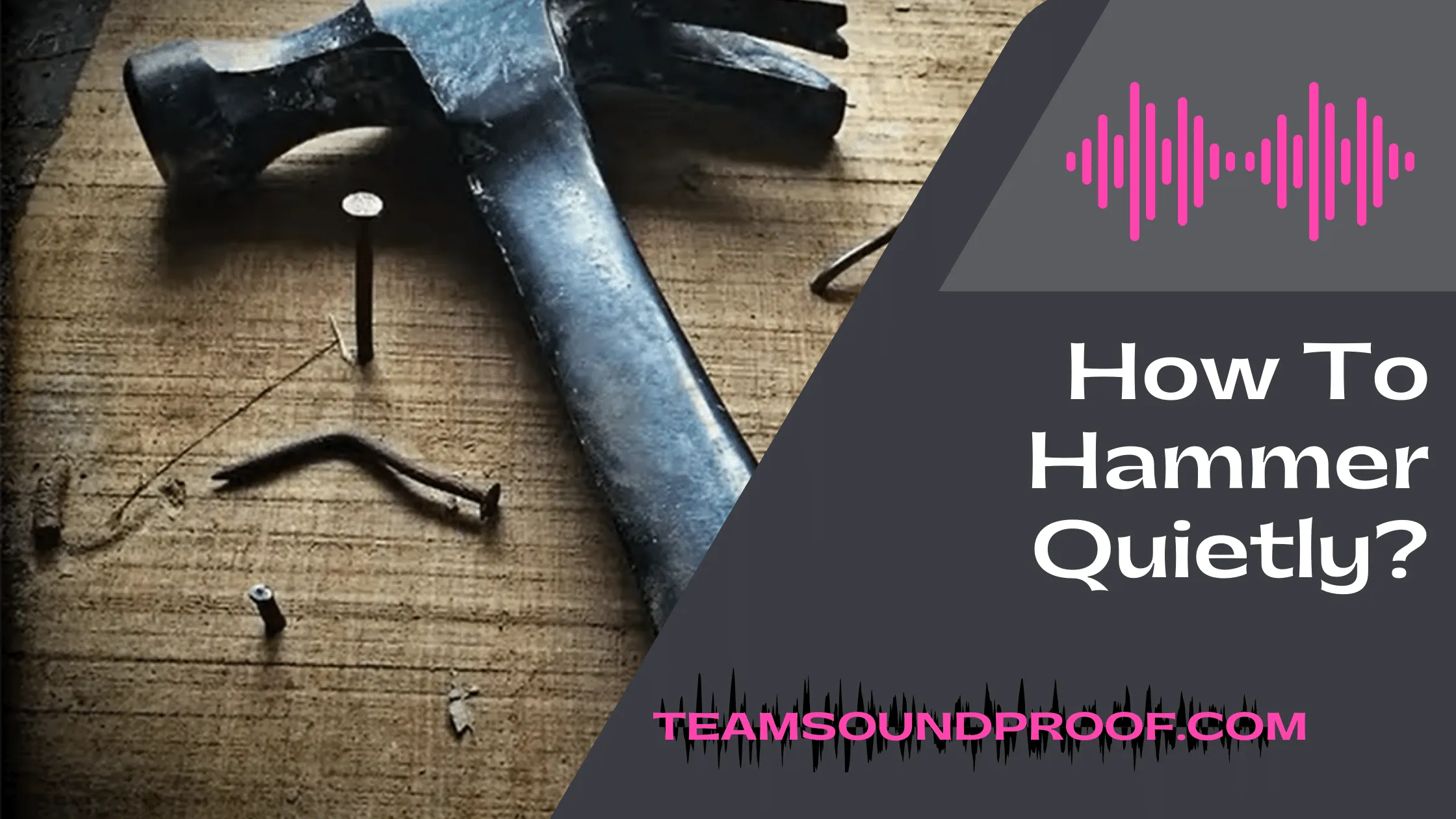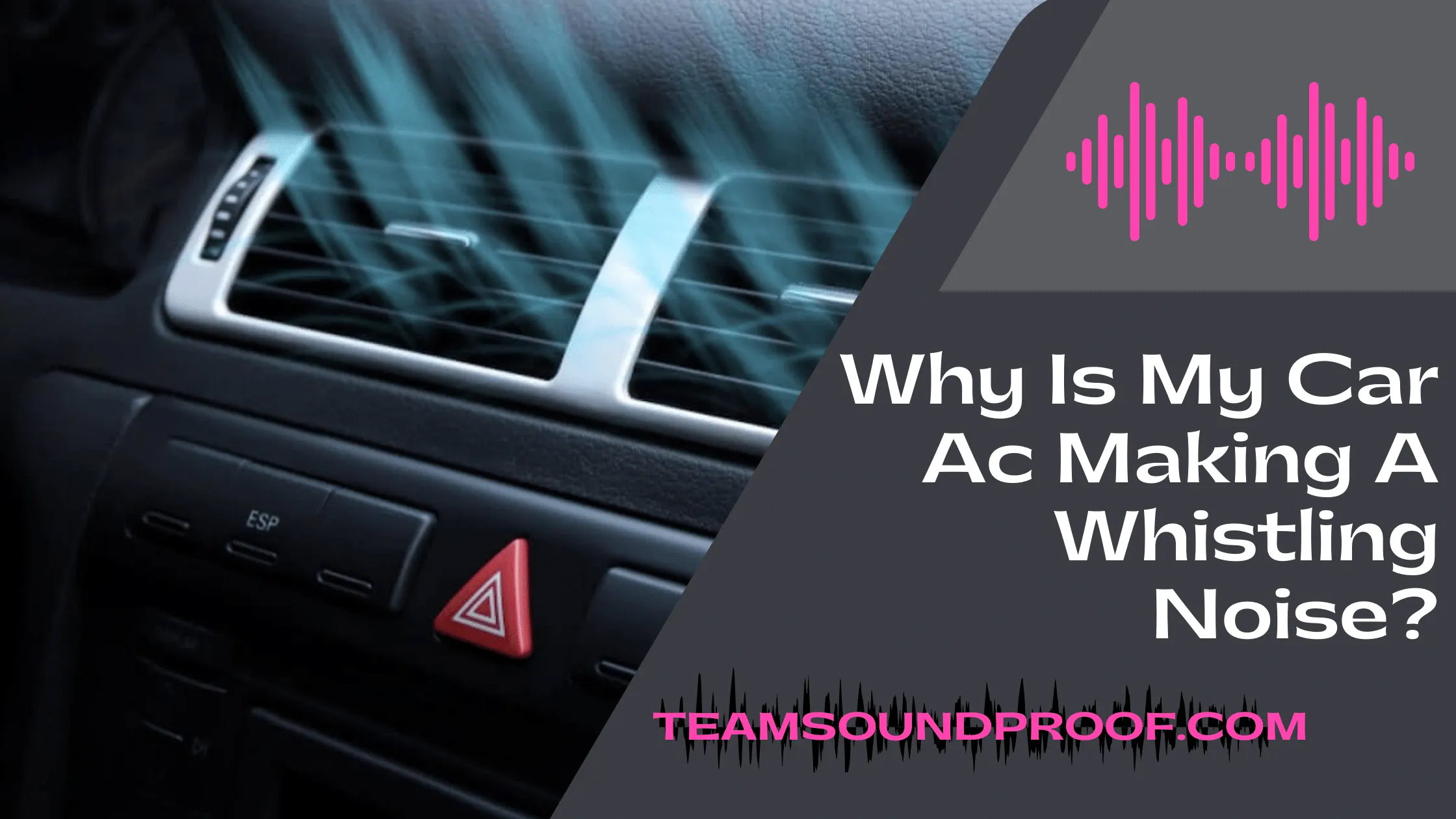Are you bothered by the sound of wind noise when you’re driving? If so, don’t worry you’re not alone. Many drivers find that wind noise can be extremely annoying, and it can even make it difficult to hear the stereo or conversation inside the car. Fortunately, there are a number of ways to reduce wind noise in a car. In this blog post, we’ll share 10 tips for how to reduce wind noise in car? Let’s get started!
10 Tips for a Quieter Ride:
There are a number of ways to reduce wind noise in your car. Here are our top tips:
1. Park In A Garage Or Carport If Possible:
One of the best ways to reduce wind noise in your car is by parking it in a garage or carport. This will help protect your car from the elements and keep the wind from blowing directly into it. If you don’t have a garage or carport, try parking your car next to a building or another large object that can block the wind. You may also want to invest in some weatherproofing strips or sl weatherstripping for your doors and windows to further reduce wind noise.
2. Use A Windshield Visor To Deflect The Wind:
If you want to reduce the amount of wind noise in your car, one option is to use a windshield visor. This can help deflect the wind away from your car and reduce the amount of noise that you hear.Windshield visors are available at most auto parts stores, or you can order them online. They’re relatively inexpensive, easy to install, and they can make a big difference in the amount of wind noise that you hear while driving. If you live in a particularly windy area, or if you do a lot of driving on the highway, a windshield visor can be an invaluable addition to your car.
3. Adjust Your Mirrors To Minimize Wind Turbulence:
Adjust your mirrors to minimize wind turbulence. Wind turbulence can be reduced by properly adjusting your car’s side mirrors. When the mirrors are adjusted correctly, they will help break up the airflow around the car, which will reduce noise and vibration.
The best way to adjust your mirrors is to first find a spot on the road that is straight and flat. Drive until you reach this spot, then park your car so that it is in the center of the lane. Now, look at your side mirrors and adjust them so that they are perpendicular to the car. The top of each mirror should be aligned with the horizon line. Make sure that you don’t have any part of the mirror extending into your view of traffic.
4. Make Sure Your Windows And Doors Are Sealed Tightly:
To reduce wind noise in your car, you’ll want to make sure that your windows and doors are sealed tightly. This will help to block out any outside noise and minimize the amount of wind noise that comes through. You can use weather stripping or sealant around the edges of your windows and doors to create a tighter seal.
Make sure you test the sealant before using it on your car, as some can be damaging to paint or finishes. If you have any cracks or gaps in your windows or doors, these should be filled in as well. Once you’ve sealed up all the openings, you’ll notice a significant reduction in wind noise.
5. Use Weather Stripping To Seal Any Gaps Around Your Car Doors:
A simple way to reduce wind noise in your car is by using weather stripping to seal any gaps between the car door and the body of the car. This will create a tighter seal and help keep the wind from entering your car.
If you’re having trouble finding weather stripping that fits your car, you can try making your own out of some old socks or fabric. Just cut it to size and seal it into place around the edges of the door. You may also want to use some adhesive or tape to keep it in place.
6. Get A Good Set Of Wipers To Help Keep Your Windshield Clear Of Debris:
If your windshield is covered in debris, it can cause the wind to whistle as it passes over. This can be a major source of wind noise in your car. To reduce this noise, make sure you have a good set of wipers that can keep your windshield clean. You should also regularly clean your windshield with glass cleaner and a microfiber cloth to remove any build-up of dirt or grime.
In addition to keeping your windshield clean, you should also make sure that your wiper blades are in good condition. Worn-out blades will not only fail to properly clean your windshield, but they can also produce annoying squeaks and squeals. If you hear any strange noises coming from your wipers, it’s time to replace them.
7. Drive At Slower Speeds During Windy Weather Conditions:
If you’re driving in windy weather, it’s best to slow down. Driving at high speeds can increase the amount of wind noise that you hear. It can also make it more difficult to control your car, which can be dangerous. So, when the wind is blowing, take it easy and drive at a slower speed.
8. Look For Smooth, Paved Roads That Will Offer Less Resistance To The Wind:
If you’re looking for a quieter ride, try to find smooth, paved roads. These types of roads will offer less resistance to the wind, which will reduce the amount of noise that you hear. Paved roads are also generally smoother, which can make for a more comfortable ride.
Of course, not all roads are created equal. If you’re driving on a particularly windy day, it’s best to avoid highways and other open spaces where the wind can really pick up speed. Instead, stick to side streets and backroads where you’ll be sheltered from the worst of the wind.
9. Change Lanes Slowly And Carefully To Avoid Making Sudden Movements:
When you’re driving in windy conditions, it’s best to avoid making any sudden movements. This includes changing lanes quickly or braking suddenly. Sudden movements can cause your car to fishtail or lose control, which can be dangerous. If you need to change lanes, do so slowly and carefully. The same goes for braking; make sure you give yourself plenty of time to slow down gradually.
In general, it’s best to drive slowly and carefully when the wind is blowing. This will help you stay in control of your car and avoid any accidents.
10. Avoid Using Cruise Control On Highway Drives During Windy Weather:
If you’re driving on the highway in cold weather, it’s best to avoid using cruise control. This is because cruise control can make it more difficult to maintain control of your car. If you need to use cruise control, be sure to keep a close eye on your speed and be ready to disengage it at a moment’s notice.
Conclusion:
We hope the 10 tips we’ve shared have been helpful and that you now have a better understanding of how to reduce wind noise in your car. Keep these in mind the next time you hit the open road and enjoy a quieter, more peaceful ride.






